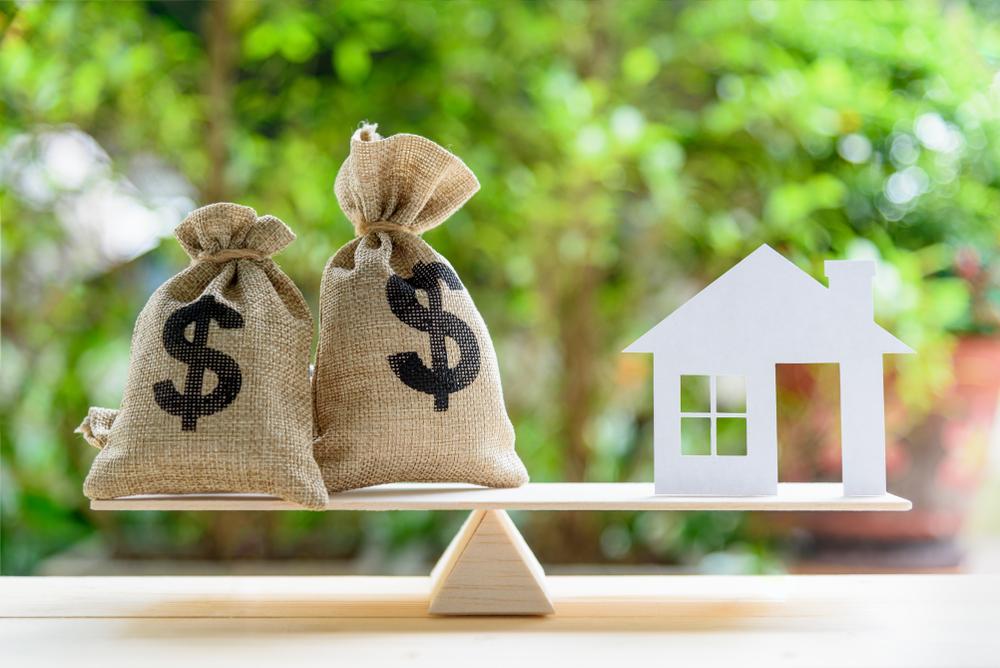Dear Mary: We have decided to pay off a bunch of bills and do some much-needed repairs on our house. Can you tell me the difference between a home equity loan and a home equity line of credit? Which would be better? —Scott
Dear Scott: With a home equity loan, or a HEL, you walk away with a check for the full amount of the loan and a second mortgage on your home. You will likely pay a loan fee and closing costs. Interest rates are fixed and currently average around 5 percent.





